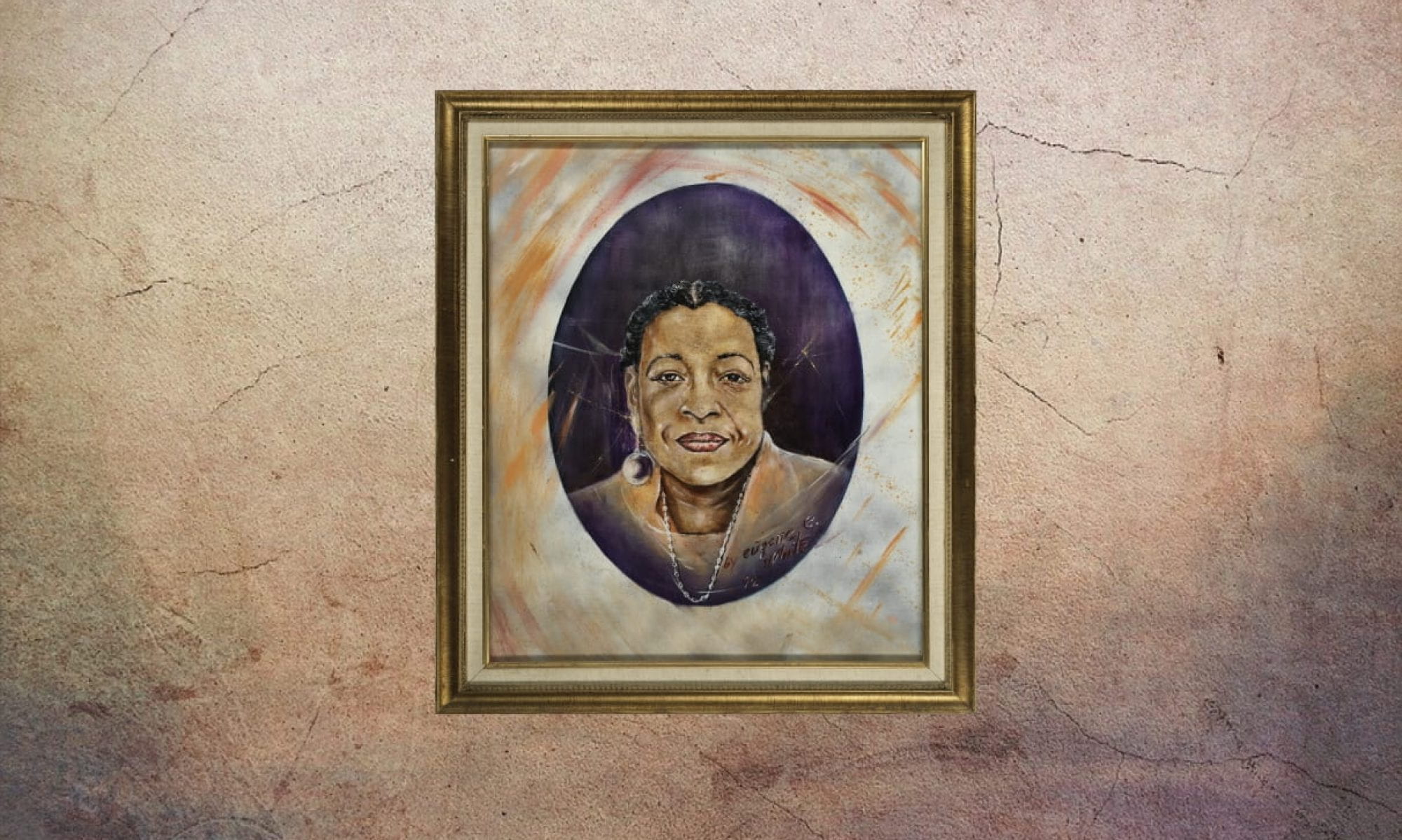
Dr. Joseph Marshall is known and celebrated for his dedication to community organization. He is an author, lecturer, radio talk-show host, and community activist. He became interested in activism while attending the University of San Francisco. Dr. Marshall was a self-described radical on campus and founded the first chapter of Black Student Union (BSU) at the University of San Francisco (USF). He not only established this organization for black students on campus, but also fought for a black studies curriculum at the university and advocated for more ethnic diversity on campus (“The Joe Marshall Plan”). Dr. Marshall is a firm believer in education. He earned a B.A. in political science and sociology from the University of San Francisco, an M.A. in education from San Francisco State University, a PhD in psychology from the Wright Institute in Berkeley, as well as two Honorary Doctorates on Humane Letters from Morehouse College and the University of San Francisco. After getting his teaching credentials, Marshall began to teach high school and middle school math. He was a tough teacher but only because he wanted the best for his students. However, Marshall also understood that many of his students had very difficult home lives.
When his middle school students began to move on to high school, he noticed a change in some of their behaviors. “I’d find those kids on drugs, selling drugs, getting pregnant,” he said, “Worst of all, I found myself going to their funerals… My students were getting A’s in math, but F’s in life” (“The Joe Marshall Plan”). Seeing his students in these circumstances didn’t sit well with Marshall. By the 1980s, he felt obligated to provide alternatives options for inner-city youth (“Dr. Joseph Marshall, Jr.—Advocate”). After 25 years of working in the San Francisco educational system, he shifted gears and began to focus his attention on youth violence and started the Omega Boys Club with the Alive and Free program. The organization serves at least 200 youth each year, ranging from 14 to 24 years old. At the academy, they develop academic skills like math, literacy, and critical thinking so that they can successfully graduate from high school or get a GED (“The Joe Marshall Plan”). For students who aspired to go to college, the academy provided resources such as college prep programs, financial literacy programs, and assistance with the college application process. Even while away at college, they still could seek support and comfort from Alive and Free (“The Joe Marshall Plan”). The academy also provided a space for young people to talk about the hardships of living in neighborhoods affected by violence. Dr. Marshall’s work wasn’t confined only to the realm of community activism, he also started a nationwide organization called Street Soldiers National Consortium which is committed to eradicating violence (Wildermuth). Dr. Marshall wanted to engage the youth on a personal level, to allow them to speak about real issues in their life. He was the “Dr. Phil of the hood,” as he liked to put it. He made it clear to the students that “if you stick with the program, you pick the college and I’ll find a way to get you there.” Although he didn’t have a lot of money, he believed “that if you do good things, good things will happen” (“The Joe Marshall Plan”). The organization has supported as many as 200 college graduates, and at least 50 out of those 200 have received graduate degrees.
Marshall also started a radio talk-show primarily for youth where they can call in and talk about what’s happening in their environment and to try and find resolutions to the issues present in their neighborhoods. From gang violence to teenage pregnancy, the radio show is there to discuss important issues (“Street Soldier: Dr. Joe Marshall”). The show has been praised by The New Yorker as a “model for how the entertainment industry can come to terms with violence” (“Street Soldier: Dr. Joe Marshall”). In addition to his talk-show, Marshall also wrote a bestselling book called Street Soldier, One Man’s Struggle to Save a Generation, One Life at a Time, published in 1996. There is also a documentary called Street Soldiers about the Omega Boys Club and Marshall which discusses the topic of violence prevention that aired on television in 1997 (“Street Soldier: Dr. Joe Marshall”).
Dr. Joseph Marshall served on the Board of Trustees at USF for six years and was the Vice President of the San Francisco Police Commission. Dr. Marshall has received a plethora of awards including the California Prize in 2017, the Human Rights Leadership Award from the Harvard University Alumni in San Francisco in 2003, the Essence Award honoring outstanding contributions by African American men in 1994, and the White House salute for success in fighting drugs and crime in the community in 1990. He also received the Leadership Award from the Children’s Defense Fund in 1994 in addition to others (Wildermuth). Dr. Marshall has made tremendous contributions toward the success of many young people and in the eradication of violence in underprivileged communities. He continues to help his community to this day.
— Chaniece Jefferson and Kallee Graham
Works Cited
“Dr. Joseph Marshall, Jr.—Advocate.” Urbanministry.
Jefferson, Chaniece. “Dr. Marshall.” Personal interview. 1 Dec 2016.
“Street Soldier: Dr. Joe Marshall.” Agoodblackman.com.
“The Joe Marshall Plan.” USF Magazine. 2017.
Whiting, Sam. “Joseph Marshall, founder of Omega Boys Club.” SFGate. 5 Oct 2009.
Wildermuth, John. “Dr. Joe Marshall.” streetsoldiersradio.org.
